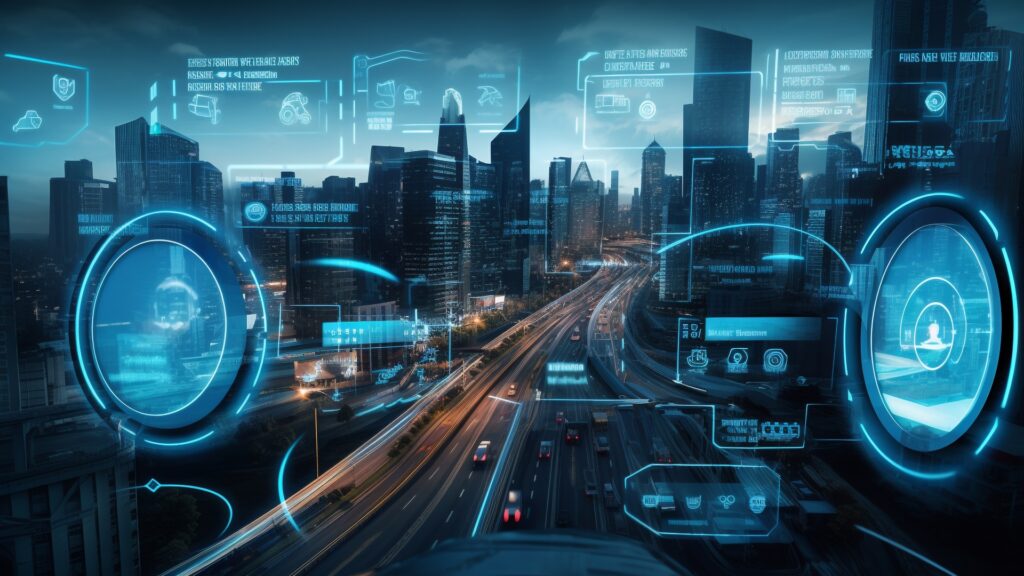There’s no denying that the automotive industry is a vital part of the global and European economies. In the UK alone, it contributes more than £15 billion to the economy and turns over nearly £79 billion annually, making it one of our largest sectors.
However, in recent years, we’ve seen our reliance on the industry come to the fore. From pandemics to hard borders, climate change to supply chains, we’ll look at the challenges facing the automotive industry in the UK, Europe and around the world.
Supply chain disruptions
It takes around 15,000 to 25,000 individual parts to create a vehicle. And every single part must come together at the right time. With over 32.7 million cars on UK roads, each one has required meticulous planning, organisation, production engineering, and manufacturing to bring together.
Post-Brexit, we’ve seen a number of large car plants shutting down around the UK. This has meant that a large part of the production process has moved overseas. Whilst this has caused thousands of people to lose their livelihoods, it would have only caused a temporary disruption had it not been for the pandemic.
The closing of businesses and travel around the globe has had a huge knock-on impact on the automotive industry and has highlighted the fragility of the process. Whilst the sector has seen some recovery, the problem of tight supply is even more evident and car production and sales are forecast to take longer to recover to pre-pandemic levels.
Upskilling EV technicians
In recent years there’s been a real drive towards electric cars. And whilst it’s great that the automotive industry is looking for ways to be more green, traditional mechanics will be in less demand. As EV road share continues to grow, mechanics will have to swap their traditional socket sets for electrical diagnosis equipment.
It’s not just the training and upskilling of engineers that are causing issues, but the EV components themselves. Most troubling is the powertrain batteries that are struggling to keep up with the demands of modern life.
Other key components for electric vehicles are more expensive to produce, which is driving up the cost of both production and point of sale, which when we’re facing a global recession is a definite challenge for the sector.
Changing societal trends
The other major challenge the industry face is society itself. Whilst the average car journey in the UK is only 8 miles, many people are seeking alternatives to their everyday car use.
In the next decade, we could see car ownership decline and instead see the rise of people hiring cars when they need to make long car journeys. With more people working from home and shunning the daily commute, and ordering their weekly shop online, the need for regular access to a car is in decline.


























